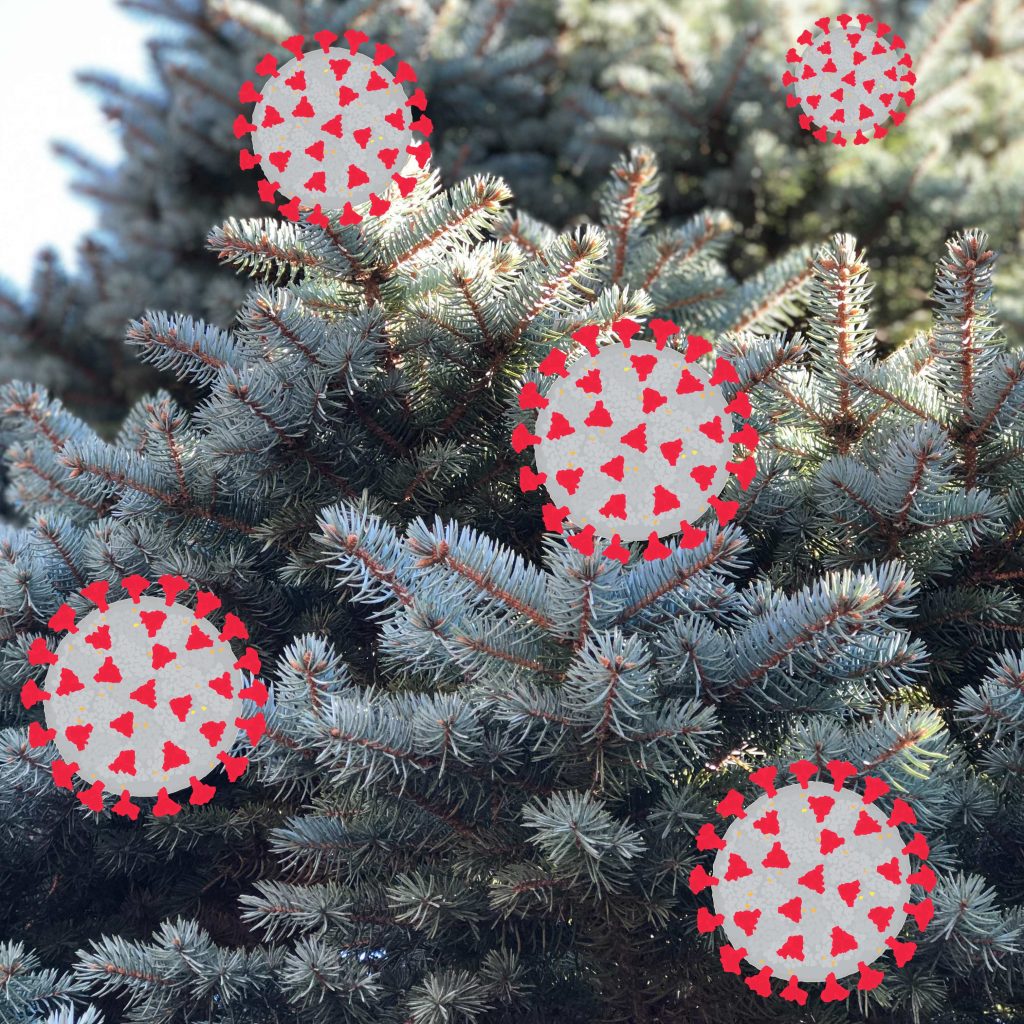
Looking back at this unusual COVID-dominated year, we are happy to report that GigaScience not only kept going under difficult circumstances, publishing outstanding examples of Big Data science and introducing innovations in the review process.


Looking back at this unusual COVID-dominated year, we are happy to report that GigaScience not only kept going under difficult circumstances, publishing outstanding examples of Big Data science and introducing innovations in the review process.
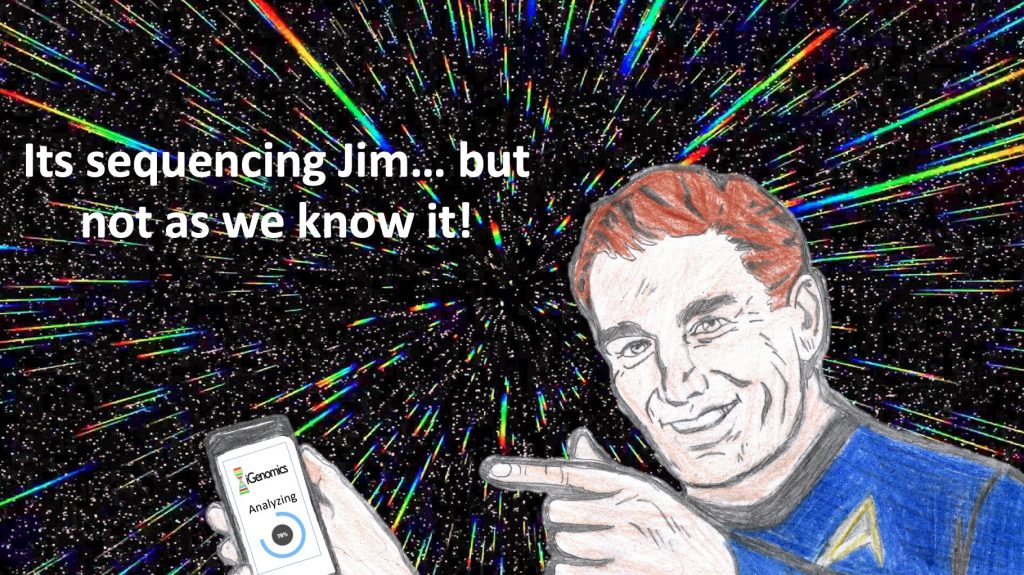
The first comprehensive mobile genome analysis application, iGenomics, is now available for download and use on an iOS smartphone . By pairing an smartphone with a handheld DNA sequencer, users will be able to create a mobile genetics laboratory, reminiscent of the Star Trek’s “tricorder”. Just published is an article presenting iGenomics, the first DNA sequencing toolkit that can run on a smartphone.
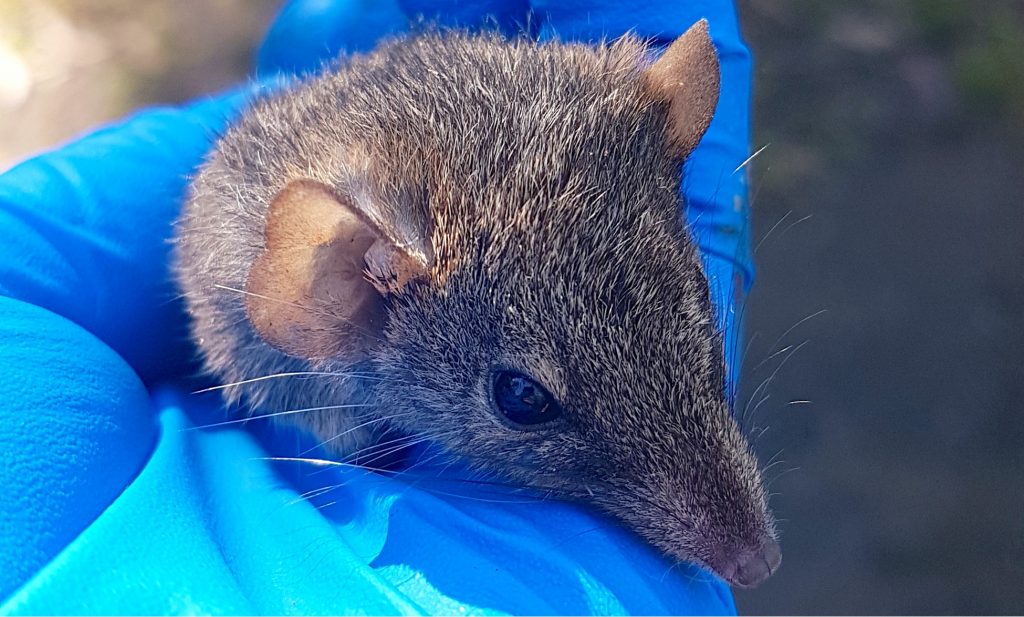
With the recent launch of our new GigaByte journal you may have noticed some interesting genome datasets being published, including the banjo frog, common dragonet fish, and extremely rare Nyssa yunnanensis tree. Joining these species on the genomics tree of life this month is a small mouse-like marsupial called the brown antechinus.
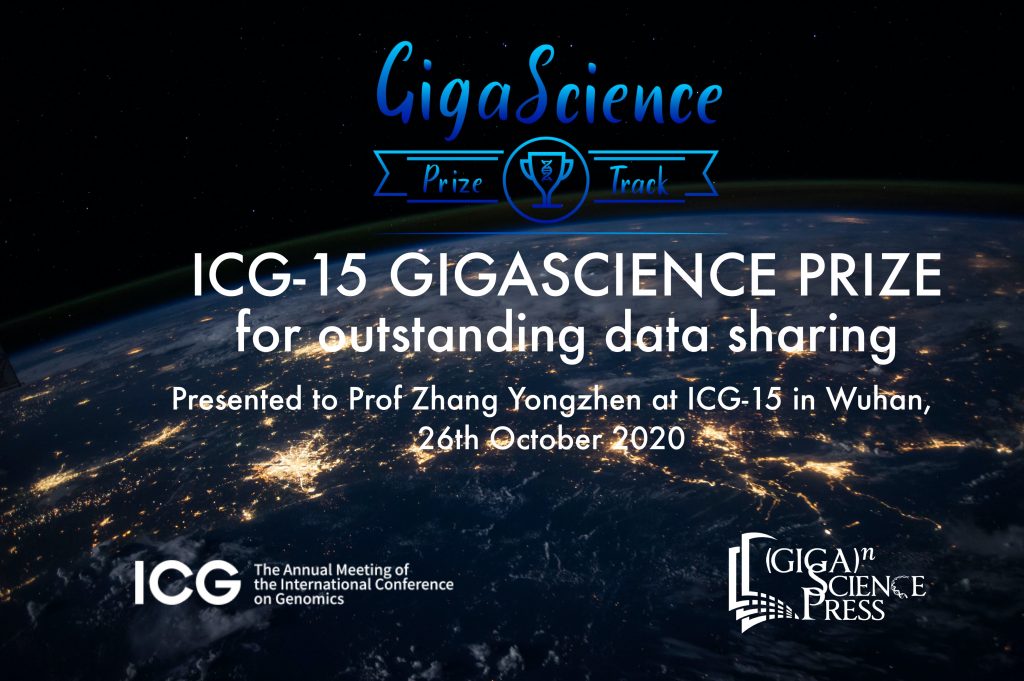
We are proud to announce Prof Zhang Yongzhen winner the 2020 ICG-15 GigaScience Prize for Outstanding Data Sharing during the COVID-19 Pandemic . Last month was the 10th consecutive year we’ve attended our co-publisher BGI’s annual ICG (International Conference on Genomics) gathering, and the third time we have presented a prize at the meeting. This years award was for Dr. Zhang’s outstanding efforts in sharing the first
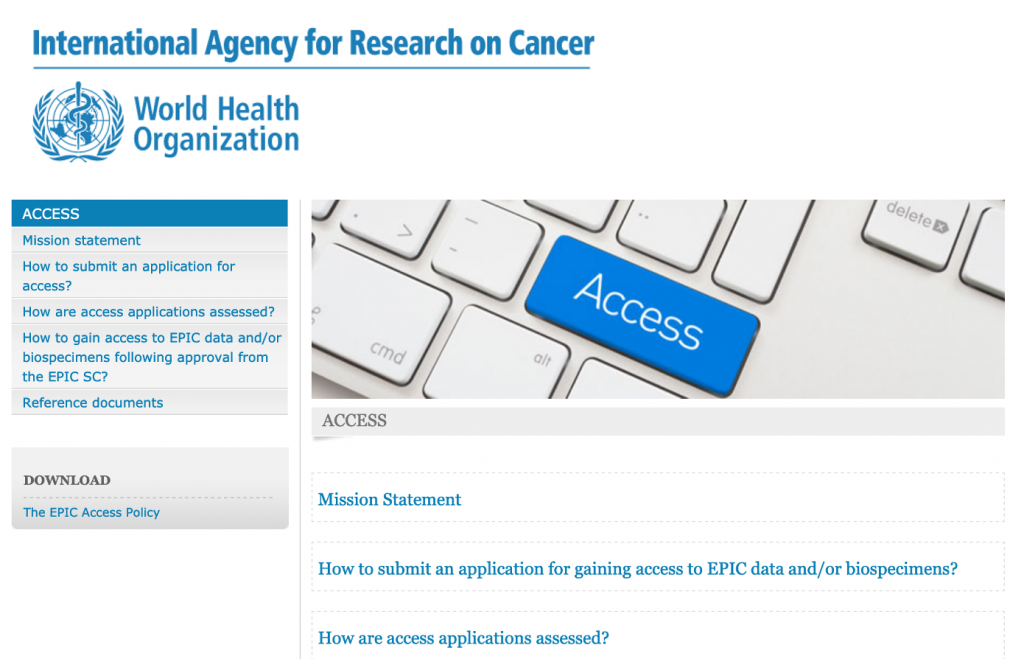
We have a Q&A with author Matthieu Foll from the WHO International Agency for Research on Cancer (IARC) on his new GigaScience paper presenting multi-omic data from rare lung neuroendocrine neoplasms and his experience having the precious Controlled Access data peer reviewed by named peer reviewers. As a journal focused on reproducibility of research GigaScience has a strict open-science policy, meaning
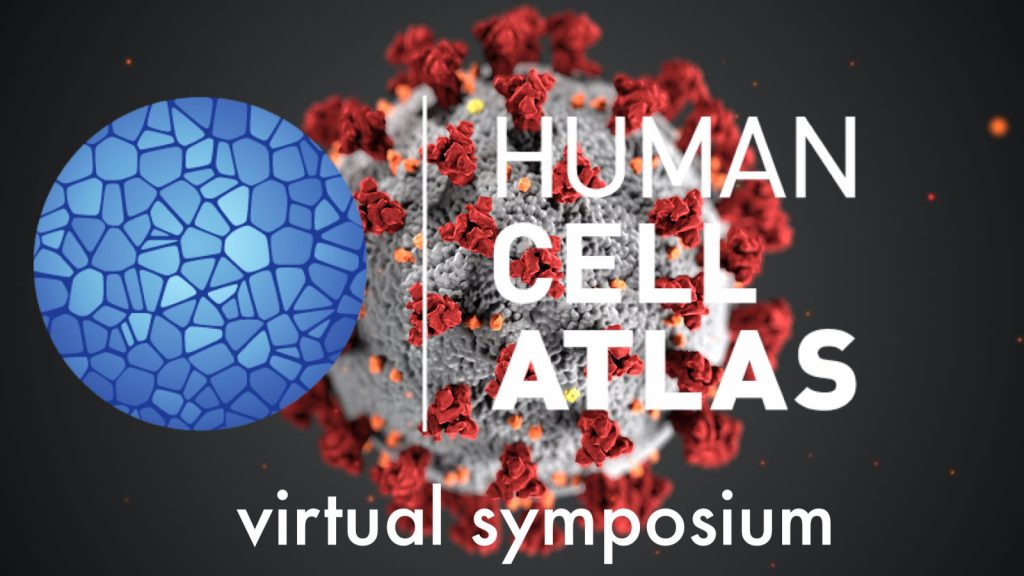
The Human Cell Atlas is a consortium that aims to “create comprehensive reference maps of all human cells—the fundamental units of life—as a basis for both understanding human health and diagnosing, monitoring, and treating disease.” I first met with consortium members of the Human Cell Atlas at the Human BioMolecular Atlas Program Common Coordinates Framework Workshop based at the National Institutes of Health, Bethesda, USA in December 2017.
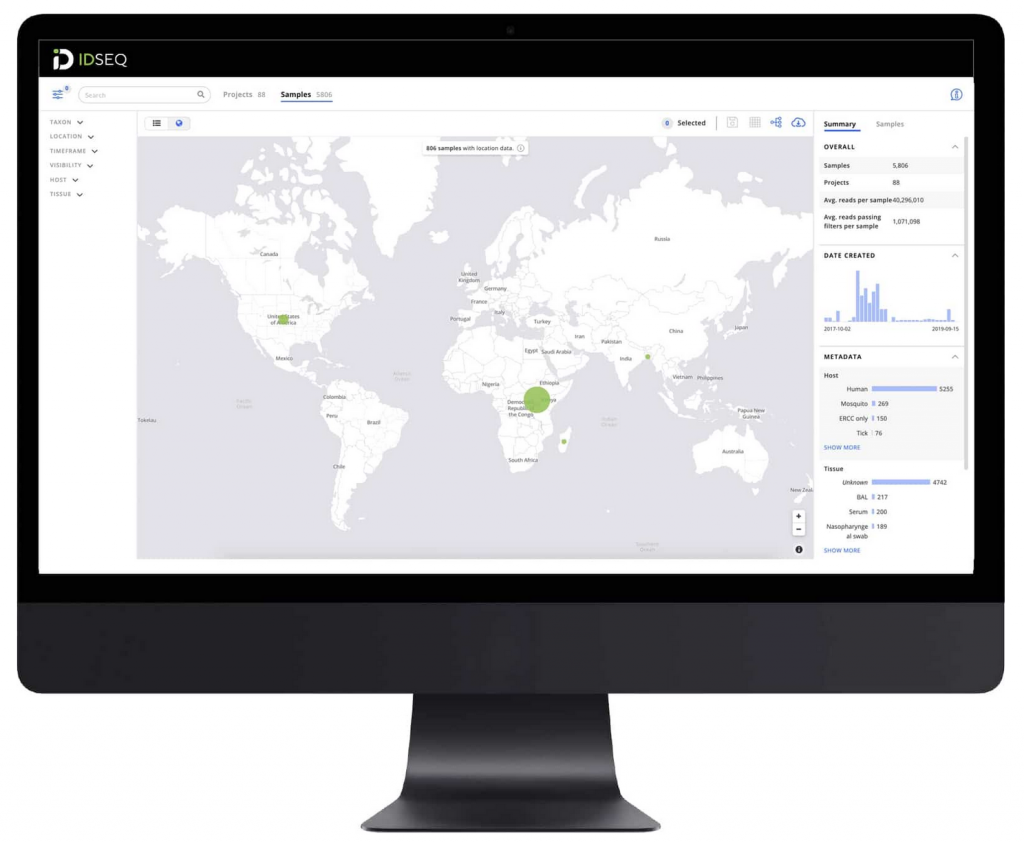
Scientists in Cambodia, who are supported by the Chan Zuckerberg Initiative, the Chan Zuckerberg Biohub, and the Bill &
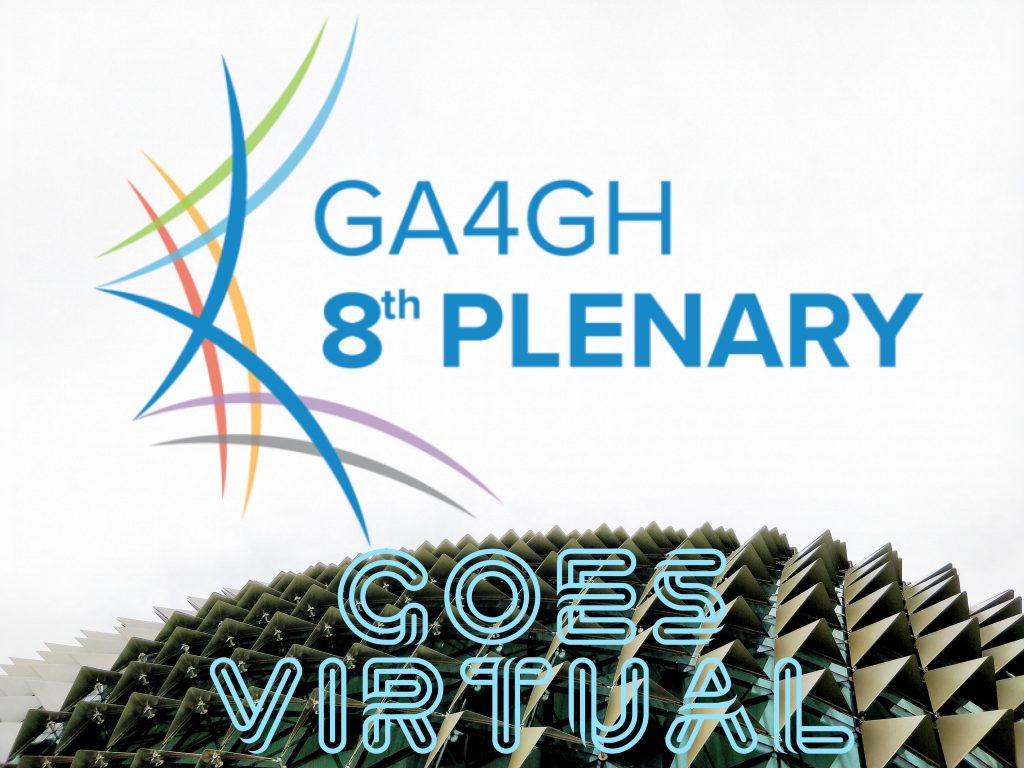
Diversity, Ancestry, and the Tenacious Concept of Race The Global Alliance for Genomics and Health (GA4GH) is a policy-framing and technical standards-setting organization, seeking to enable responsible genomic data sharing within a human rights framework.
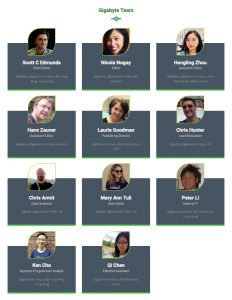
GigaScience has spawned a new smaller and more agile sibling: GigaByte, and is the first journal to come from our new GigaScience Press.